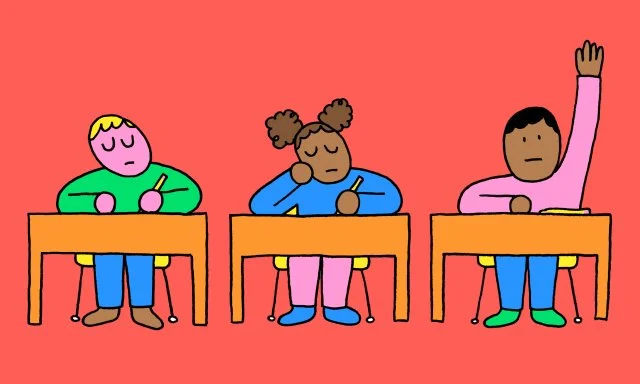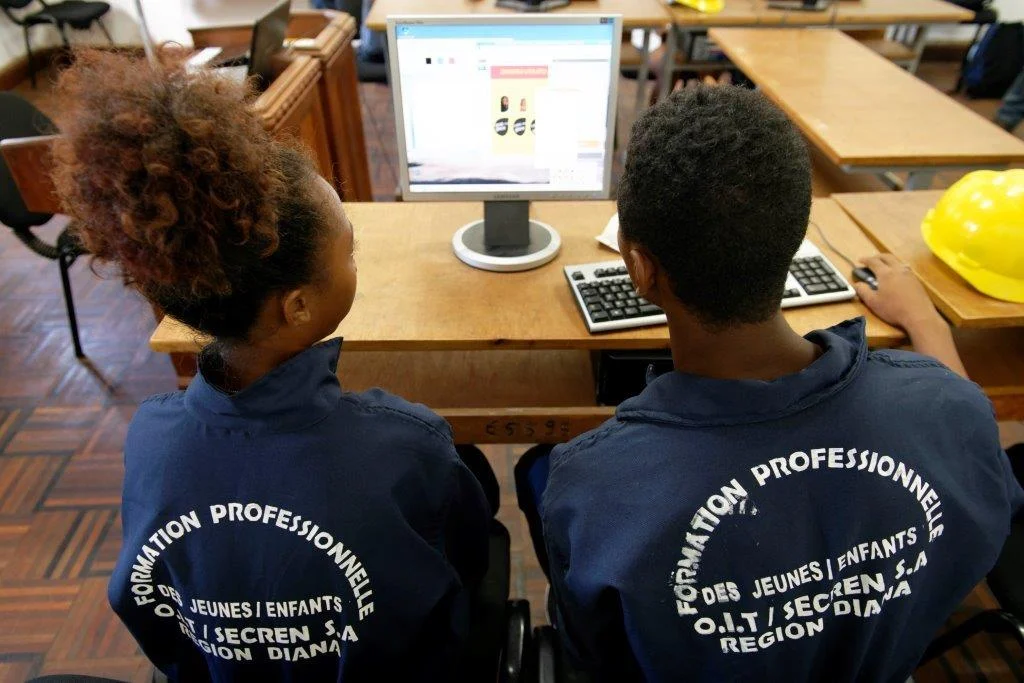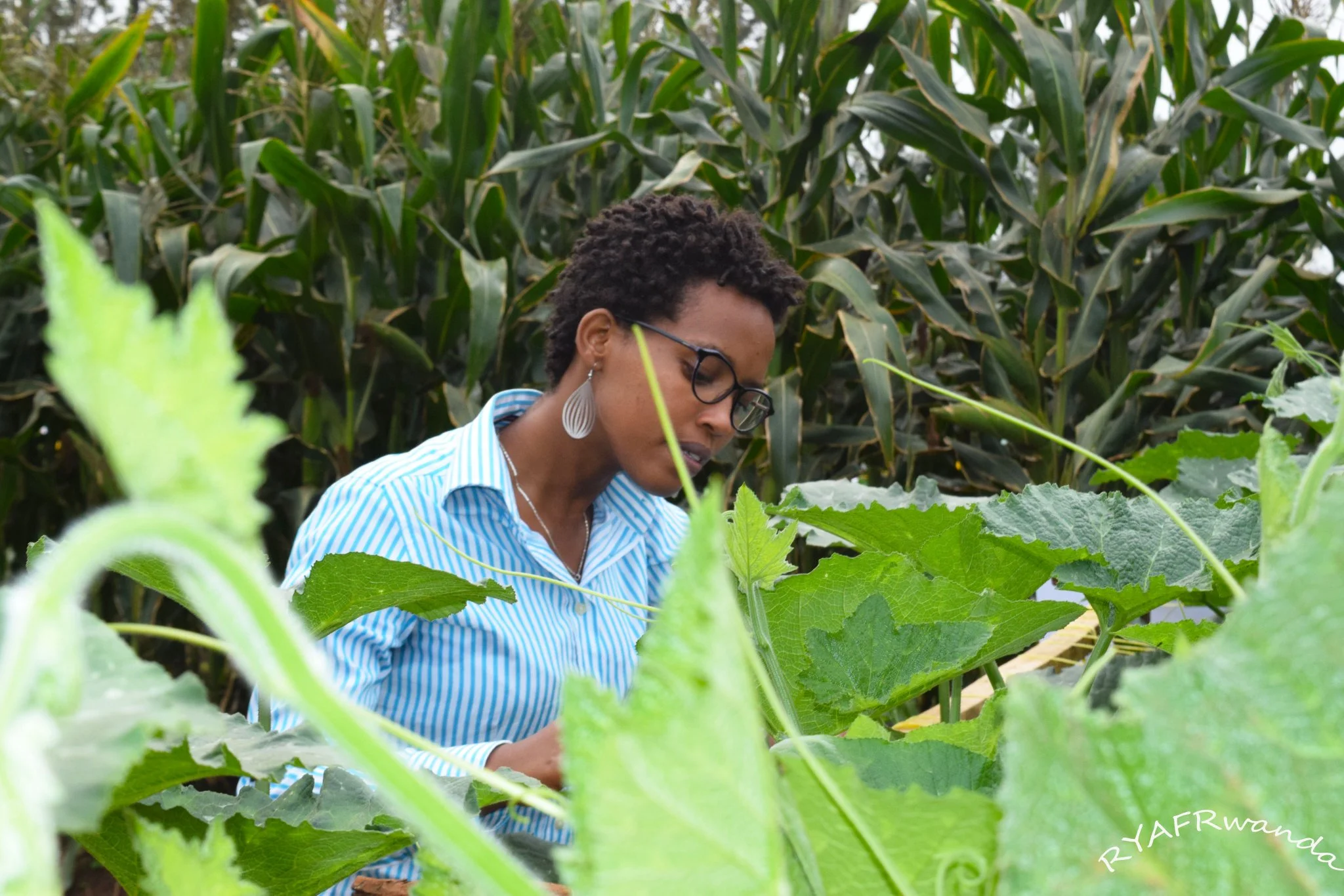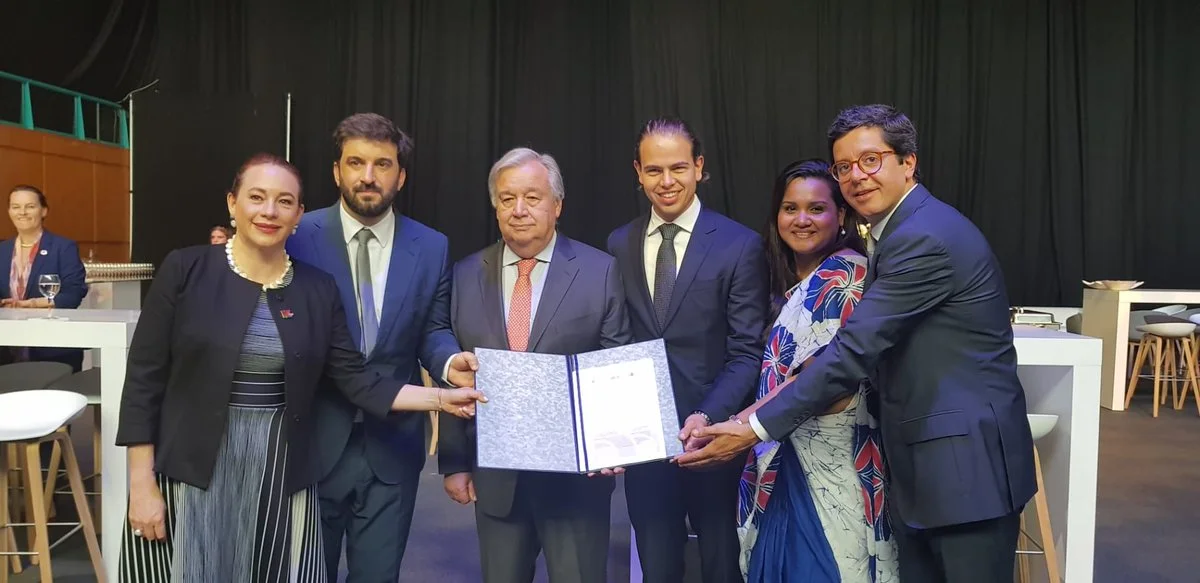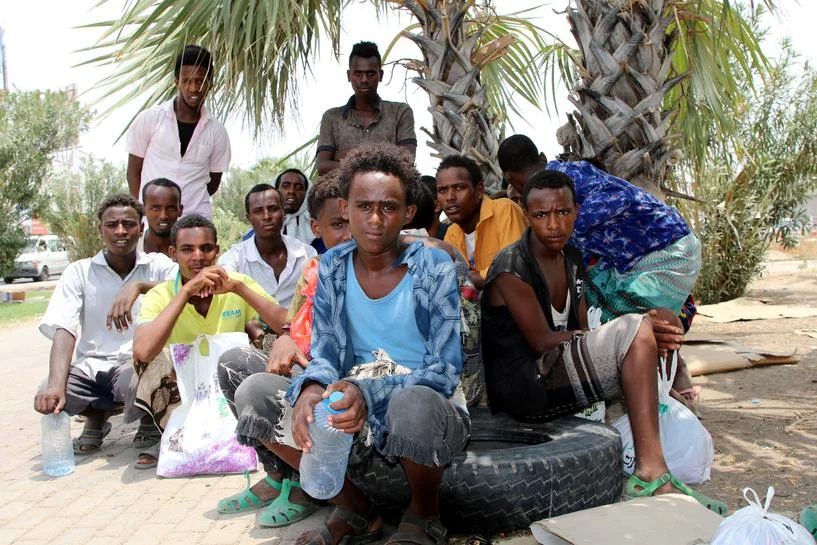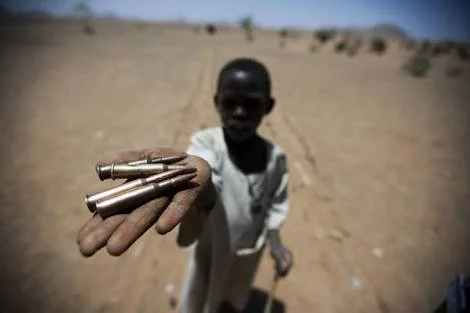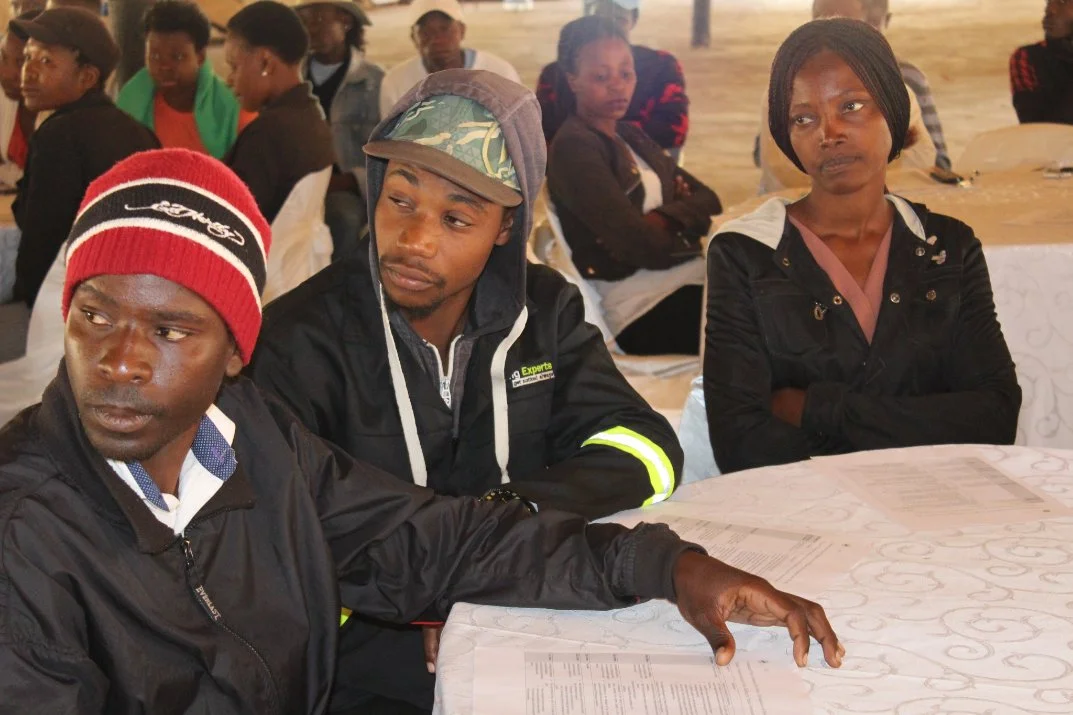There were 1.2 billion youth aged 15-24 years globally in 2015, accounting for one out of every six people worldwide. By 2030, the target date for the sustainable development goals, the number of youth is projected to have grown by 7 per cent, to nearly 1.3 billion. Youth can be a positive force for development when provided with the knowledge and opportunities they need to thrive. In particular, young people should acquire the education and skills needed to contribute in a productive economy, and they need access to a job market that can absorb them into its labour force.
Young people receive a range of conflicting and confusing messages about sexuality and gender on a daily basis. We believe that a thorough and high quality curriculum-based sexuality education programme can help all children and young people navigate these messages, and develop positive norms about themselves, about relationships and about their health as well as responsible citizenship.
Youth are an underestimated but growing force on the international stage. Almost half the world's population is under the age of 25 and nearly a quarter are aged 12 to 24. Of those aged 12-24, nearly 40% live on less than two dollars a day. Youth employment is in crisis according to the ILO, which estimates that some 75 million are out of work as of 20122. That accounts for 41% of total global unemployment, and is not likely to recover until beyond 2016.
The crucial role of young women and men in advancing intercultural dialogue and understanding is increasingly recognized within the global development agenda. Recent events in the Middle East and North Africa, as well as in other regions of the world, clearly demonstrated that today’s large youth population, driven by a need for change, can shape social, economic, political and cultural life. In addition, the current economic crisis, as well as increases in migration, is changing the discourses on identity and integration.
With many competing demands for scarce funds, countries often do not fully recognize how critical young people are to their national economies, societies, and democracies – both today and in the future – and consequently make too few public investments in programmes to harness their productive resources.
They can be a creative force, a dynamic source of innovations, and they have undoubtedly, throughout history, participated, contributed, and even catalyzed important changes in political systems, power-sharing dynamics and economic opportunities.
In 2011, the World Health Organization (WHO) estimated that 165,000,000 children under the age of 5 were stunted, 101,000,000 children under 5 were underweight (too light for their age), while 52,000,000 children under 5 suffered from wasting (too thin for their height). Faced with such figures, it is clear that ensuring enough and good quality nutrition from an early age is a priority for a healthy, productive world population.
Culture has the power to transform entire societies, strengthen local communities and forge a sense of identity and belonging for people of all ages. As a vector for youth development and civic engagement, culture plays an essential role in promoting sustainable social and economic development for future generations. Youth can act as a bridge between cultures and serve as key agents in promoting peace and intercultural understanding.
Today, grave violations are committed against children and youth in over twenty war-affected countries from Asia, the Middle East, and Africa to Latin America. Girls and boys are killed, maimed, orphaned, abducted, deprived of education and health care, sexually violated and left with deep emotional and physical scars.
Youth with disabilities often face marginalization and severe social, economic, and civic disparities as compared with those without disabilities due to a range of factors from stigma to inaccessible environments. As countries look towards the post-2015 era to ensure poverty reduction and equitable development, it is essential to ensure that all youth have equal opportunities to become productive and contributing members of their society and enjoy all rights and privileges of citizenship, including youth with disabilities.


